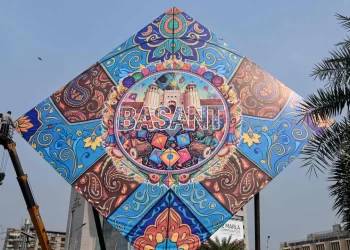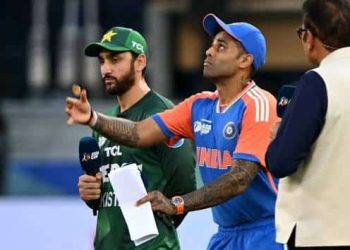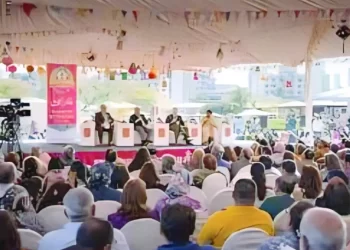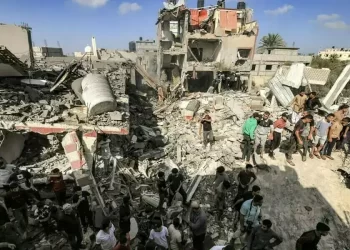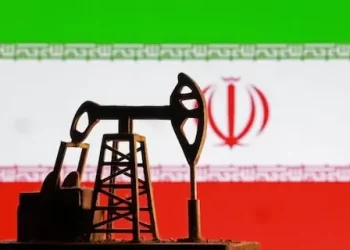India on Friday announced three-phased assembly elections in Kashmir, the first in a decade and in a new political environment after Prime Minister Narendra Modi’s government in 2019 stripped the Muslim-majority region of its semi-autonomy and downgraded it to a federally controlled territory.
Since those changes the region has remained on edge, governed by a New Delhi appointed administrator and run by bureaucrats with no democratic credentials.
The new polls will be held between Sept.18 and Oct.1, India’s Election Commission said at a news conference in the capital, New Delhi. The vote will take place in a staggered process that allows the government to deploy tens of thousands of troops to prevent any outbreak of violence. Votes will be counted on Oct.4.
The multi-stage voting will elect a local government — a chief minister who will serve as the region’s top official with a council of ministers — from pro-India parties participating in the elections.
However, contrary to the past, the local assembly will barely have any legislative powers with only nominal control over education and culture. Legislating laws for the region will continue to be with India’s parliament while policy decisions will be made in the capital.
Local politicians have demanded the earliest restoration of statehood so that full legislative powers could be returned to the local assembly.
Public reaction to the announcement was mixed.
“We are happy that we will finally have our election,” said Haya Javaid, a resident of Srinagar, the region’s main city. “It would have been great if they (authorities) had also announced the restoration of statehood” for the region, said another resident Malik Zahoor.
Mohit Bhan, a spokesman for Kashmir’s People’s Democratic Party, said the announcement was “like too little, too late.” He wrote on social platform X that the region “has been reduced to a municipality” that was “once a powerful state with special status.”
“This isn’t democracy, it’s a mockery. Restoring full statehood should be the first step,” he added.
The 2024 elections will be held for 90 constituencies, excluding Ladakh. In 2022, the Indian government redrew assembly constituencies and added four seats to the Hindu-dominated Jammu and three to the overwhelmingly Muslim-majority Kashmir valley.
The former state assembly had 87 members including four from Ladakh.
The last assembly election was held in 2014 after which Modi’s Bharatiya Janata Party for the first time ruled the region in a coalition with the Peoples Democratic Party. In 2018, the BJP withdrew its support to the government following which the assembly was dissolved.
A year later, New Delhi divided the region into Ladakh and Jammu-Kashmir while scrapping its statehood amid a massive security and communications lockdown for months.
Associated Press



